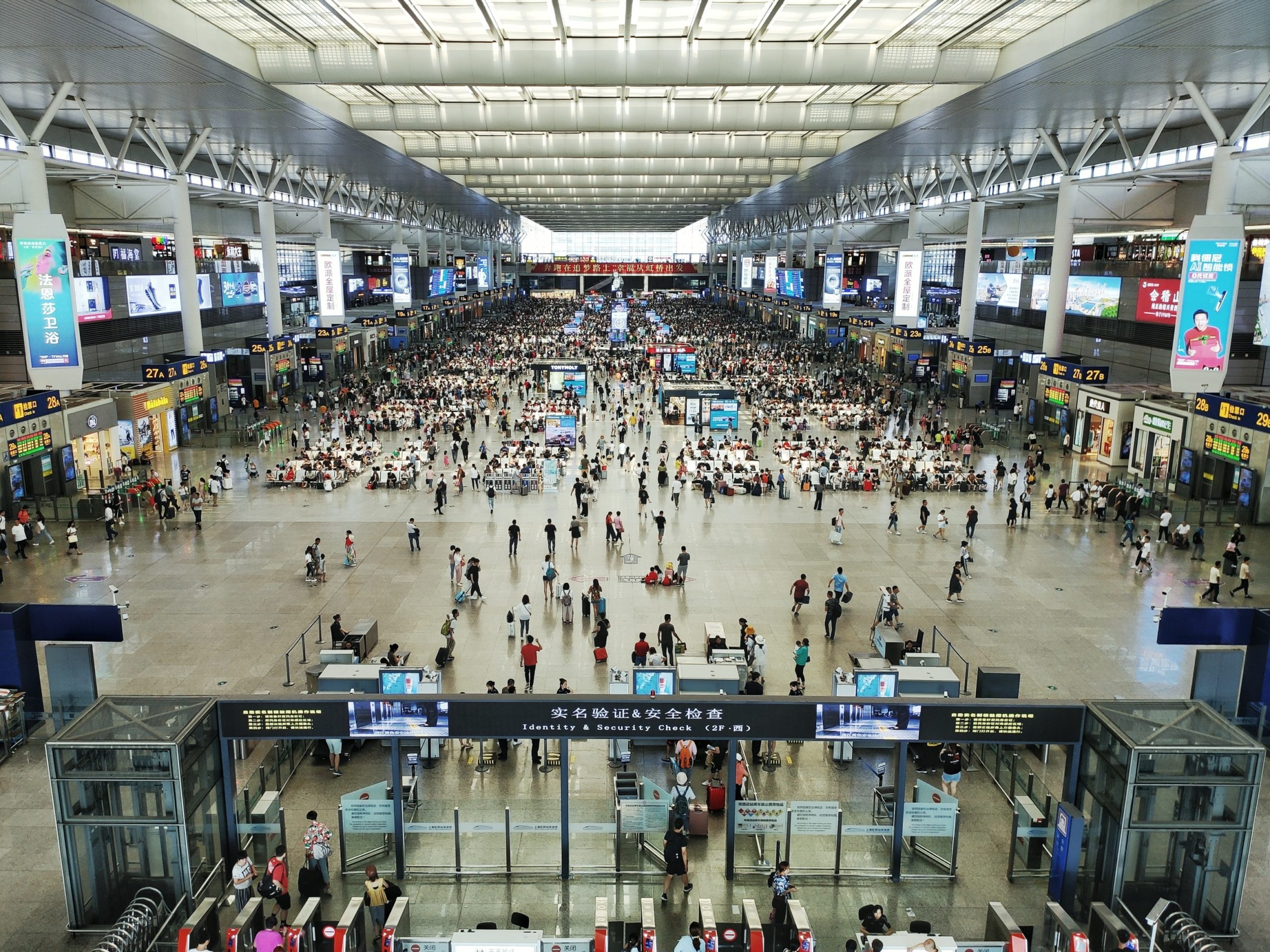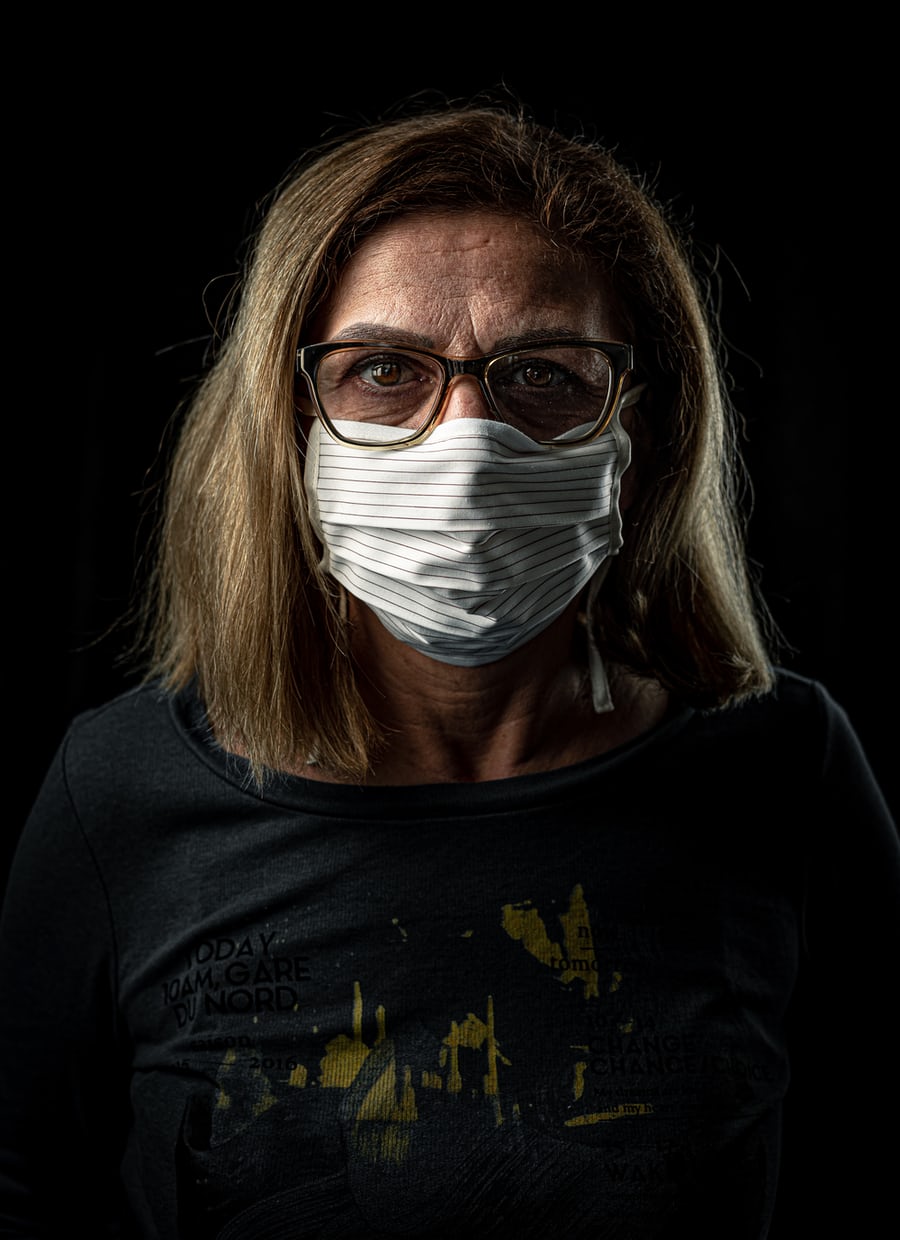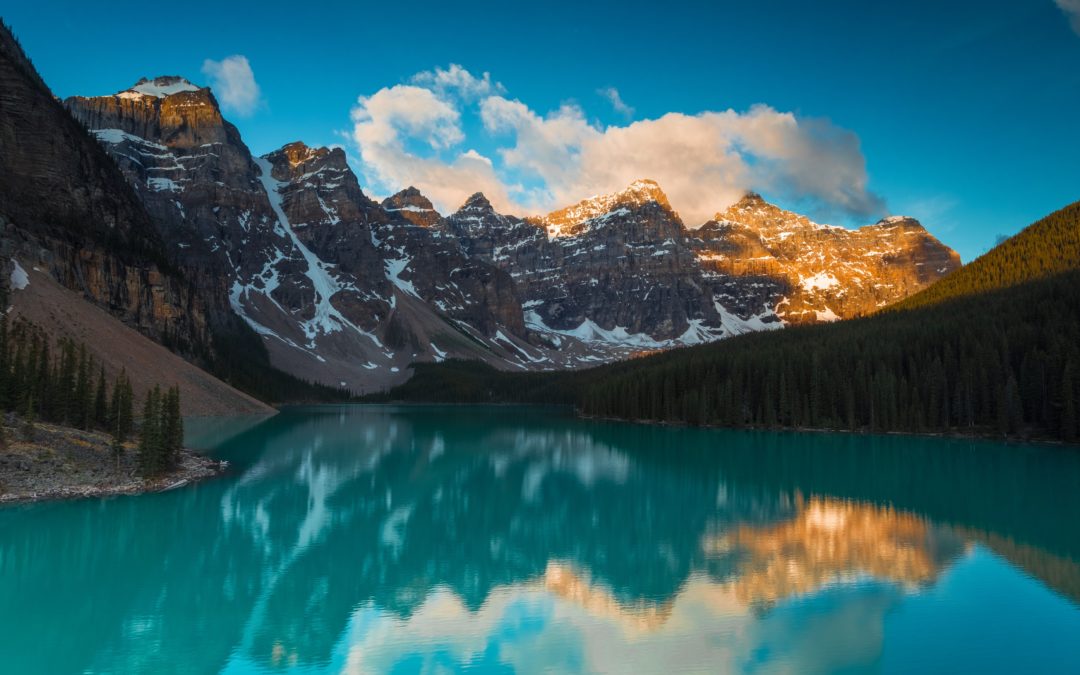Post-pandemic Travels
In an unprecedented turn of events, the COVID-19 pandemic has forced the world into a standstill. This potent and stealthy virus has taken the world hostage. Work, studies, and leisure have been put on indefinite hold. Travel risks during a health crisis such as the COVID-19 pandemic become higher. The COVID-19 virus has infected over 5.4 million people worldwide, including approximately 400,000 deaths. To prevent cases from rising more than what medical institutions could manage, social distancing and quarantine measures were put in place, with 91% of the global populationunder travel restrictions.
Leisure travel has been largely restricted, with only essential workers allowed to support urgent consumer needs. This doesn’t necessarily spell out the end of tourism and travel. It only means that travelers should get used to a new normal after the pandemic, to avoid getting sick. Now that the globe is reopening and travel slowly returning, you’ll need to be prepared to travel differently to keep you and others safe in our changing world.
How has COVID-19 affected the travel industry?
With millions of people forced to stay indoors, the travel and tourism industry has suffered enormous setbacks. The World Travel and Tourism Council Managing Director Virginia Messina told Reuters that 50 million jobs are at risk because of the pandemic. Messina also said that it could take up to 10 months for the industry to recover after the outbreak ends.
Ending the pandemic means drastically decreasing infection rates and curing the sick. Without a viable vaccine or cure, nations are hard-pressed to reopen domestic and international borders.
Flattening the curve through quarantine measures is the best option to avoid overwhelming medical professionals and institutions, as they strive to find a vaccine and treat those who are sick. However, these quarantine measures and travel restrictions are hurting a lot of businesses and workers. Expect travel to never be the same again, even after the pandemic.
The road to the pandemic’s end is long and excruciating. Millions are eager to go back to their normal lives before all this happened, yet all anyone could really do is to wait for the dust to settle and manage expectations after it does.
What can you expect when traveling in a post-pandemic world?
If you are traveling, being in transit will be vastly different. Stringent safety precautions will likely be put in place to protect passengers and transportation personnel. Below are five scenarios you’ll likely encounter when traveling in a post-pandemic landscape:
1.You’ll prefer locations closer to home

You might find traveling abroad less appealing after the COVID-19 crisis. Changes in air travel, like frequent sanitation and passenger health checks, might deter you from doing long travels. Expect the return of the road trip. Instead of flying, visit local destinations or domestic tourism hotspots by car. Great news if you love camping, the post-pandemic world is a great time for this kind of travel.
In an interview with CNBC, TripAdvisor.com spokesperson Elizabeth Monahan said, “Travelers tend to first venture out closer to home, and visit their local eateries, stay local for a weekend getaway or travel domestically before a robust demand for international travel returns.”
2. New technology will be a game-changer in the travel industry

Technology will play a huge role in your travels, post-COVID-19. From digital passports to medical screenings, it’s important to minimize contact as much as possible through technological advancements.
Digital health passports might also be used to assess your health condition before traveling. Contact tracing software will contribute greatly to minimize travel risks. Expedited sanitation efforts will be useful in the transportation industry to curb the health risks of traveling. Robot cleaners are also being developed for automated sanitation efforts and medical assistance. You can also use technology o=to see where dangerous hotspots are and avoid them when travel planning.
3. Get ready to develop new travel habits

The health risks of traveling have never been so apparent to many people as they are now. However, the COVID-19 travel restrictions might stay in place in the first few months after the virus has been initially curbed because of the possibility of its resurgence.
When choosing your next vacation or planning your route to work, develop new travel habits to protect your health. Examples are wearing protective gears such as face masks and gloves as well as frequently disinfecting your body and belongings. Your baggage packing list should include items for health protection and sanitation.
4. Your patience will be tested
Guest turnovers in vacation homes, hotels, or cruise ships will be a lot longer than you’re used to. Contamination of accommodations is one of the many travel risk factors. Since accommodations are sanitized thoroughly, it will take a lot more time before a guest could check in.
Aside from sanitation purposes, travelers should expect that not all destinations are equal, in terms of recovery. Your town might be ready to reopen its doors and promote tourism but not its tourist attractions. You might be forced to choose another place to visit or take other routes. You will also be expected to adopt new practices, like wearing facemasks in crowded locations.
5. Travel insurance will be a must
Before the pandemic, you might have chosen to forgo travel risk factors sand not buy travel insurance. Because of the harrowing reality of COVID-19, thousands of travelers lost money from canceled trips. You might want to re-evaluate your travel plans and include domestic or international travel insurance after the pandemic.
Travel insurance before COVID-19 did not typically include clauses about pandemics or fear of traveling. After the COVID-19 pandemic, make sure you buy “cancel for any reason” and “named perils” travel insurance to protect yourself and your investment. Consulting travel advisors can also help you put your vacation into perspective, factoring in travel safety risks.
These are just a few examples of what to expect in your new travel experience after COVID-19. COVID-19 is not the first pandemic to cripple the travel industry, and it won’t be the last. This pandemic is lesson enough for people to observe safety precautions when traveling seriously in a new normal environment.
A true love for health


Recent Comments